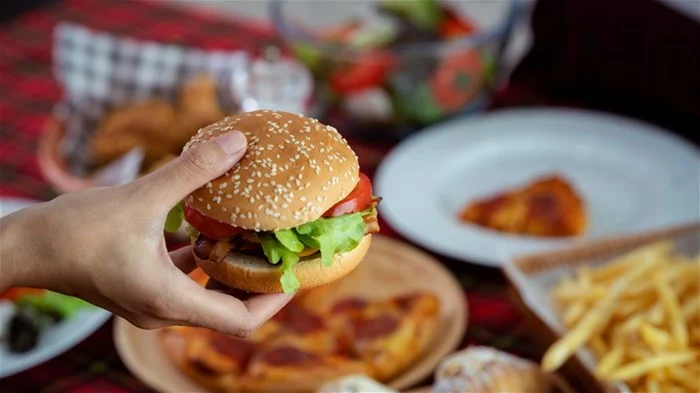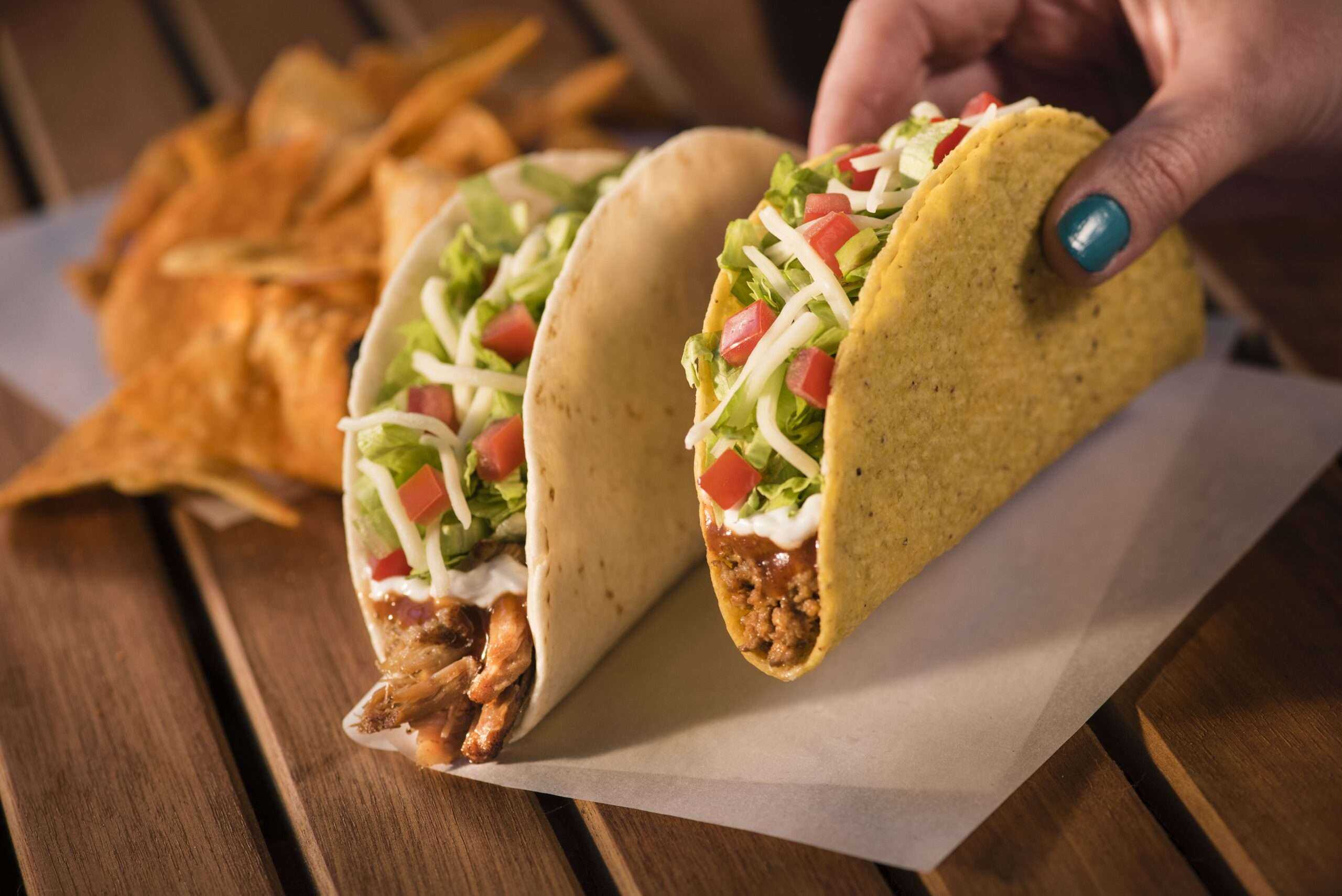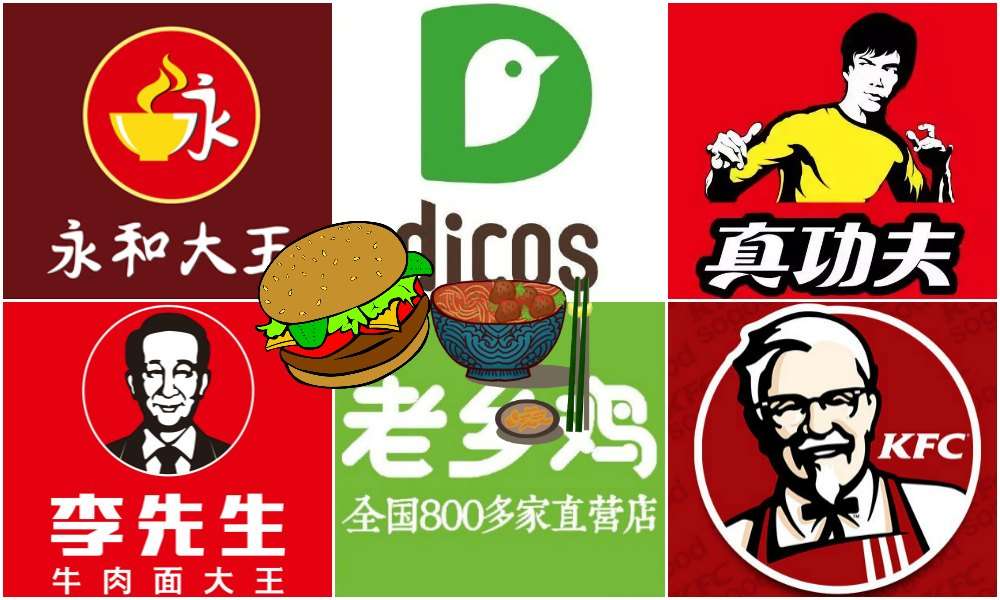The Quick Service Restaurant (QSR) sector in Africa has witnessed exponential growth over the past few years, driven by a burgeoning middle class, rapid urbanization, and the increasing penetration of international food brands. This report highlights the top 10 QSR companies in Africa, based on their market presence, brand value, revenue, and expansion strategies across the continent.
Introduction
The QSR industry in Africa presents a dynamic and competitive environment with both local and international players vying for market share. Despite challenges such as logistical complexities and varying consumer preferences across regions, these companies have successfully capitalized on the growing demand for fast, convenient, and affordable food options.
Top 10 QSR Companies in Africa
1. KFC (Kentucky Fried Chicken)
- Country of Origin: United States
- Presence in Africa: Extensive, with a significant footprint in South Africa, Egypt, Kenya, Nigeria, and more.
- Overview: KFC leads the QSR sector in Africa, with its successful adaptation of menus to suit local tastes and a strong marketing strategy that emphasizes community engagement.
2. McDonald’s
- Country of Origin: United States
- Presence in Africa: Notably in South Africa, Egypt, and Morocco.
- Overview: McDonald’s has effectively localized its global offerings, providing unique menu items that cater to African tastes while maintaining its international standards of service and quality.
3. Domino’s Pizza
- Country of Origin: United States
- Presence in Africa: Key markets include Nigeria, South Africa, and Egypt.
- Overview: With a robust delivery infrastructure and a versatile menu that includes local flavors, Domino’s Pizza has carved a niche for itself in the African QSR landscape.
4. Chicken Licken
- Country of Origin: South Africa
- Presence in Africa: Primarily in South Africa with plans for further expansion.
- Overview: As a homegrown brand, Chicken Licken has a deep understanding of the local market, offering innovative and affordable chicken meals that resonate well with the African consumer base.

5. Nando’s
- Country of Origin: South Africa
- Presence in Africa: South Africa, Zimbabwe, Mauritius, and other countries.
- Overview: Nando’s is renowned for its peri-peri chicken and has gained a loyal following due to its unique flavors, casual dining experience, and strong emphasis on design and aesthetics in its outlets.
6. Steers
- Country of Origin: South Africa
- Presence in Africa: Widely present across Sub-Saharan Africa.
- Overview: Known for its burgers and flame-grilled menu, Steers focuses on providing value for money, which has helped it to become a favorite among younger demographics.
7. Pizza Hut
- Country of Origin: United States
- Presence in Africa: In over 15 African countries including Nigeria, Kenya, and Egypt.
- Overview: With a strategic focus on expansion, Pizza Hut aims to tap into the growing African middle class by offering affordable pizza options along with an international dining experience.
8. Debonairs Pizza
- Country of Origin: South Africa
- Presence in Africa: Over 400 outlets in countries like Nigeria, Kenya, and South Africa.
- Overview: Debonairs Pizza is known for its innovative pizza offerings and a strong delivery network, making it a popular choice among consumers seeking convenience.
9. Spur Steak Ranches
- Country of Origin: South Africa
- Presence in Africa: South Africa, Namibia, Tanzania, and others.
- Overview: Spur Steak Ranches offers a family-friendly dining experience with a diverse menu that includes steaks, burgers, and salads, appealing to a wide range of tastes.
10. Galito’s
- Country of Origin: South Africa
- Presence in Africa: Expanding rapidly with outlets in Kenya, Ghana, Senegal, and South Africa.
- Overview: Galito’s is gaining popularity for its flame-grilled chicken and commitment to using fresh, local ingredients, positioning itself as a healthier alternative in the fast-food sector.
Conclusion
The QSR industry in Africa is characterized by a mix of global giants and strong local players, each bringing unique flavors and dining experiences to the table. The sector’s growth is underpinned by an understanding of local market dynamics and consumer preferences, coupled with investments in quality, affordability, and convenience. As these companies continue to innovate and expand, the future of the QSR industry in Africa looks promising, with ample opportunities for new and existing players to thrive.
Recommendations
- For QSR Companies: Focus on local market research to tailor menus and services that align with regional tastes and preferences. Additionally, investing in sustainable practices and community engagement can enhance brand loyalty and market penetration.
- For Investors: The African QSR market offers substantial growth potential. Investment in established players with a track record of successful expansion and adaptation to local markets, or in emerging brands with innovative concepts, can yield significant returns.
Related: Report on the African Quick Service Restaurant (QSR) Industry



